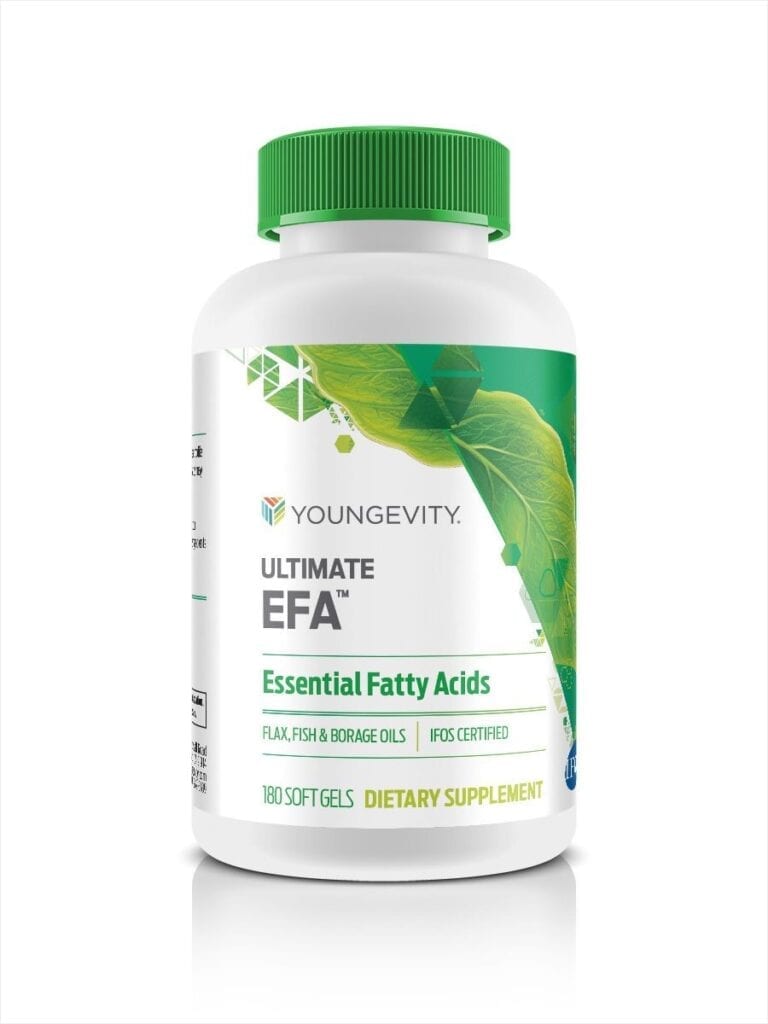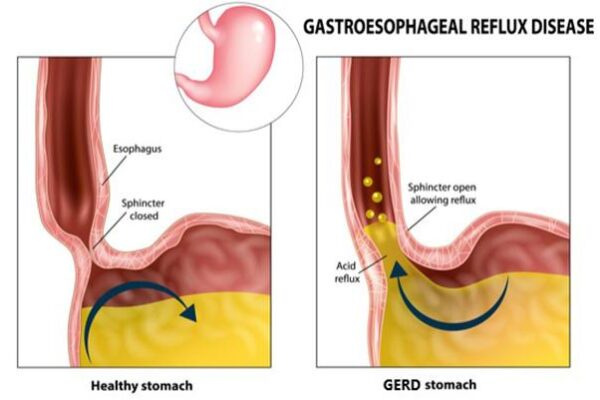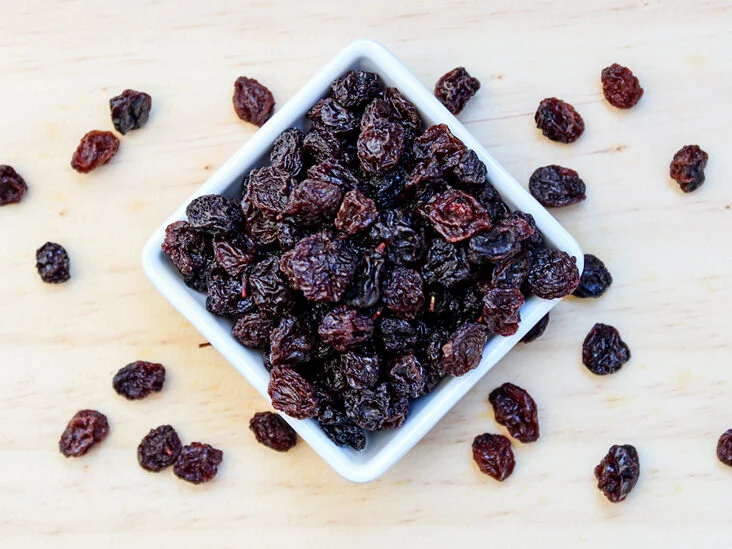Saturated fats

A saturated fat is a type of fat in which fatty acid all have single bonds. Most animal fats are saturated. Saturated fats are fat molecule that have no double bond between the carbon molecules because they are saturated with hydrogen molecules.
Unsaturated fats
An unsaturated fat is a fat or fatty acid in which there is at least one double bond within the fatty acid chain. A fatty acid chain is monounsaturated if it contains one double bond, and polyunsaturated if it contains more than one double bond.
Saturated fats occur naturally in many foods. The majority come mainly from animal sources, including meat and dairy products.
Foods that contain saturated fats
• fatty beef
• lamb
• pork
• poultry with skin
• beef fat (tallow)
• lard and cream
• cheese
• Coconut oil
• Butter
• Ground beef
• Salmon
• Egg yolks
• cashews
• soybean oil
• almond
• flaxseed
• avocado
• walnuts
In addition, many baked goods and fried foods can contain high levels of saturated fats. Some plant-based oils, such as palm oil, palm kernel oil and coconut oil, also contain primarily saturated fats, but do not contain cholesterol.
There are controversial facts about saturated fat being bad for the cardiovascular system.
The American Heart Association recommends limiting saturated fats. The research said that saturated fat has proven it can raise bad cholesterol and put a person at risk for heart disease. However, saturated fats are just a small piece of the diet. An individual cannot go wrong with eating more fruits, vegetables and whole grains.
Newer research suggests that the previous warning about saturated fat might have been misguided that saturated fats clogs arteries and cause heart attacks. Saturated fats does indeed raise bad cholesterol levels but new research suggests that it may not be bad for the heart. Cutting back on saturated fats is important but not if you replace the calories with carbohydrates. New research suggest to replace saturated fat with polyunsaturated fats, the good fats found in nuts, vegetable oils and fish to get the benefit. Research also suggests that eating more saturated fat does not increases an individual’s risk of heart disease or stroke.
Omega 3 fatty Acids/ Omega 6 fatty acids/Arachidonic Acid
There are controversial facts about saturated fat being bad for the cardiovascular system.
The American Heart Association recommends limiting saturated fats. The research said that saturated fat has proven it can raise bad cholesterol and put a person at risk for heart disease. However, saturated fats are just a small piece of the diet. An individual cannot go wrong with eating more fruits, vegetables and whole grains.
Newer research suggests that the previous warning about saturated fat might have been misguided that saturated fats clogs arteries and cause heart attacks. Saturated fats does indeed raise bad cholesterol levels but new research suggests that it may not be bad for the heart. Cutting back on saturated fats is important but not if you replace the calories with carbohydrates. New research suggest to replace saturated fat with polyunsaturated fats, the good fats found in nuts, vegetable oils and fish to get the benefit. Research also suggests that eating more saturated fat does not increases an individual’s risk of heart disease or stroke.
Omega 6 and 3 fatty acids are essential fatty acids which are essential for human health but the body cannot make them. They are consumed through food. They play a crucial role in brain function and normal growth and development. Omega -6s and Omega-3s don’t have the same effects. Omega-6s are pro-inflammatory, while Omega-3s have an anti-inflammatory effect. If we don’t get any from the diet, then we develop a deficiency and become sick. That is why they are termed the “essential†fatty acids. However, these fatty acids are different than most other fats. They are not simply used for energy or stored, they are biologically active and have important roles in processes like blood clotting and inflammation
A diet that is high in Omega-6 but low in Omega-3 increases inflammation, while a diet that includes balanced amounts of each reduces inflammation. The problem is that people are eating way too much Omega 6 relative to Omega 3.
According to Dr. Axe (2016), the health benefits of omega-3 fatty acids are immense and they have been proven effective in the treatment and prevention of hundreds of medical conditions.
Omega-3 deficiency is common in industrialized countries because of the excess consumption of omega-6 fats. The average ratio in America is 20:1 when it should be closer to a 2:1 ratio. When this ratio becomes imbalanced it will cause systemic inflammation throughout the body leading to chronic disease.
There should be a balance between the essential acids of both the omega – 6 and omega-3. The suggested ratio is around 2:1 omega-6 to omega -3
It’s pretty easy to get omega-6s through foods so supplements are typically not needed. Omega-6 fatty acids are available in supplemental oils that contain both linoleic acid and GLA, such as evening primrose oil and black currant oils. Spirulina, which is often called blue-green algae, also contains GLA.
Here is a list of the different types of omega-6 fatty acid:
• Linoleic Acid: soybean oil, corn oil, safflower oil, sunflower oil, peanut oil, cottonseed oil, rice bran oil
• Arachidonic Acid: peanut oil, meat, eggs, dairy products
• GLA: hemp seeds, Spirulina, evening primrose oil (7 percent to 10 percent GLA), borage oil (18 percent to 26 percent GLA), black currant seed oil (15 percent to 20 percent GLA).
Highest Omega-6 Foods:
• Safflower
• Grapeseed oil
• Sunflower oil
• Poppy seed oil
• Corn oil
• Walnut oil
• Cottonseed oil
• Soybean oil
• Sesame oil
Most people are storing immense amounts of Omega-6 fatty acids in their body fat stores and it can take years to get rid of them. For balance in the omega-6 and omega -3, avoid vegetable oils high in Omega-6 and the processed foods that contain them. Eat plenty of Omega-3 rich animals, including something from the sea at least once or twice a week. If needed, supplement with an Omega-3 source like fish oil.
Arachidonic Acid
Arachidonic acid is an omega 6 unsaturated fatty acid that the body requires to function properly. The National Institute of Health reports that this fatty acid can be produced in the body if an individual consume adequate amounts of linoleic acid in the diet. It is essential for brain, liver and organs. It may appear to increase muscle mass and when combined with other supplementation can improve social interactions with people with social disorders such as autism.
While your body can make arachidonic acid from linoleic acid and GLA, you can also get it by eating foods that are rich in arachidonic acid. Meat, eggs, and some fish contain arachidonic acid. So by eating organic meats, I believe that an individual can consume the required arachidonic acid in their body.
Getting too much arachidonic acid in your diet could be harmful. The University of Maryland Medical Center and the American Heart Association both say that arachidonic acid promotes inflammation, which can increase your risk for heart disease.
However, if an individual is getting plenty of omega-3 fatty acids from abundant in cold water fish, flax seeds, soybeans, walnuts, pumpkin seeds, canola oil, and other plant-based oils and exercising regularly, maintaining a healthy weight, and limiting saturated fat, trans fat, dietary cholesterol, and sodium in the diet the heart-disease risks should stay low.
References
American Heart Association. Saturated fats (2016) . Retrieved from http://www.heart.org/HEARTORG/HealthyLiving/HealthyEating/Nutrition/Saturated-Fats_UCM_301110_Article.jsp#.WLhuA2_ysdU
Dr. Axe (2016) Omega 6. Retrieved from https://draxe.com/omega-6/
Dr. Axe (2016) Omega 3. Retrieved from https://draxe.com/omega-3-benefits-plus-top-10-omega-3-foods-list/
Harding, A ( 2010). Saturated fat retrieved from http://www.health.com/nutrition/heart-health-saturated-fat
University of Maryland Medical Center (2016) Omega 6 fatty acids. Retrieved from http://umm.edu/health/medical/altmed/supplement/omega6-fatty-acids
Wikipedia (2016). Saturated fat. Retrieved from https://en.wikipedia.org/wiki/Saturated_fat
What is arachidonic acid? (2016). Retrieved from http://www.fitday.com/fitness-articles/nutrition/healthy-eating/what-is-arachidonic-acid.html
To purchase essential fatty acids please click here











